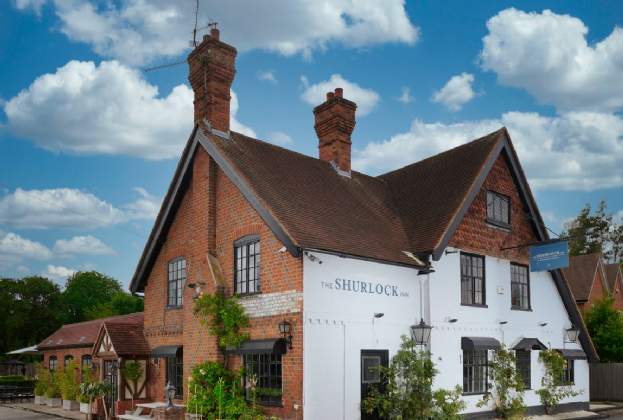The Landlord and Tenant Act 1954 deals with business premises and a tenant’s security of tenure. At the time of lease expiry, a tenant is entitled to a new lease unless one or more of three circumstances are in play. These are:
- The tenant or their predecessor agreed to contract out of the Act’s security of tenure provisions at the start of the lease.
- The tenant is not in occupation of the premises at the end of the lease.
- The landlord can justify not giving the tenant a new lease by demonstrating certain grounds set out in the Act.
In the case of the last, these grounds could include:
- Failure to keep the property in good repair.
- Persistent delays in paying rent.
- 'Other’ substantial breaches of lease terms.
- The landlord will provide suitable alternative premises.
- The lease is only for part of larger premises and the landlord can more profitably let the whole.
- The landlord intends to redevelop the premises.
- The landlord wants the premises for their own business occupation or to reside at the premises.
If there’s an objection to issuing a new lease on the grounds that the landlord wants the premises for their own business or personal occupation, they must have owned the property for at least five years leading up to the expiry of the lease.
If the landlord is successful in objecting to the renewal of a lease under grounds linked to issues paying rent, keeping the property in good repair or other substantial breaches of lease terms, the tenant is not entitled to any compensation. A successful objection under any of the other grounds outlined above will result in the tenant being entitled to compensation, typically calculated as a multiple of the rateable value.
It’s important to remember that a lease protected by the 1954 Act does not come to an end unless the tenant has vacated and/or a notice has been served by either the landlord or tenant. Unless the tenant serves notice, stating that they are intending to vacate the premises (and then follows this through by actually vacating before the lease expiry date), the lease will continue ‘holding over’ under the terms of the existing lease in perpetuity.
The alternative is that the landlord serves a S25 notice or the tenant serves a S26 notice. In either instance, a minimum of six months’ and maximum of 12 months’ notice must be given. This could mean that if a tenant wants a new lease and the existing rent for the premises is significantly above the market rent, the tenant will not obtain a decrease in the rent until the notice expires. Theoretically this could be many months or indeed years after the original lease expiry date. The same could apply if the property is under rented.
This article first appeared in The Morning Advertiser
Further information
Contact Savills Licensed Leisure
.jpg)



.jpg)


.jpg)


.jpg)